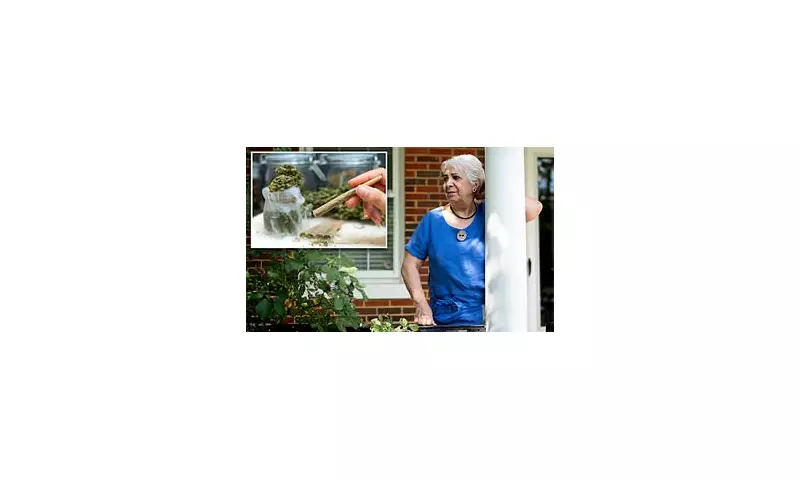
A legal grey area in Washington DC's marijuana legislation is sparking bitter neighbour disputes and creating unliveable conditions for tenants trapped in cannabis-scented flats. The situation has escalated to the point where residents are considering breaking leases over the pervasive 'skunk-like' odour infiltrating their homes.
The Unseen Invasion: When Ventilation Becomes a Conduit for Cannabis
Residents in multiple DC apartment buildings report that marijuana smoke from neighbouring units is seeping through ventilation systems, under doors, and through wall cavities. One affected tenant described the situation as "living in a perpetual cannabis cloud," with the smell permeating furniture, clothing, and personal belongings despite never smoking themselves.
Legal Limbo Leaves Tenants Powerless
While DC legalised recreational marijuana in 2015, the law created unexpected consequences for multi-unit housing. Property managers and landlords find themselves caught between respecting residents' legal rights to consume cannabis and protecting neighbours from unwanted exposure.
"The law essentially created a nightmare scenario for dense urban living," explained a property law specialist. "We're seeing increasing cases where reasonable enjoyment of a property is being compromised, but legal recourse remains unclear."
Health Concerns Compound the Crisis
Beyond the nuisance factor, medical professionals express concern about secondhand smoke effects, particularly for residents with respiratory conditions, children, and pregnant women. The American Lung Association has previously warned that secondhand marijuana smoke contains many of the same toxins and carcinogens as tobacco smoke.
- Tenants reporting headaches and respiratory irritation
- Children's health concerns driving relocation decisions
- Work-from-home professionals struggling with constant exposure
Building Solutions and Legal Pathways
Some progressive apartment complexes are implementing designated smoking areas, advanced ventilation systems, and smoke-free building policies. However, these solutions often come with significant costs and enforcement challenges.
Legal experts suggest tenants document incidents thoroughly, communicate with building management in writing, and understand their local tenant rights ordinances. In extreme cases, constructive eviction claims may be possible if the situation renders the property uninhabitable.
As more states consider marijuana legalisation, DC's experience serves as a cautionary tale about the unintended consequences for multi-unit housing and the urgent need for clearer regulations protecting both personal freedoms and neighbour rights.





